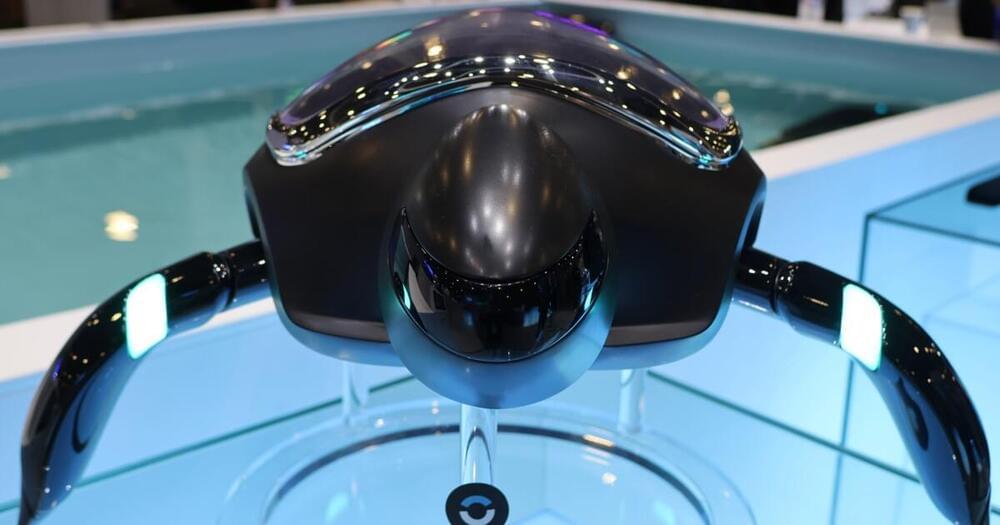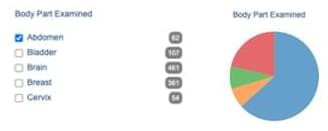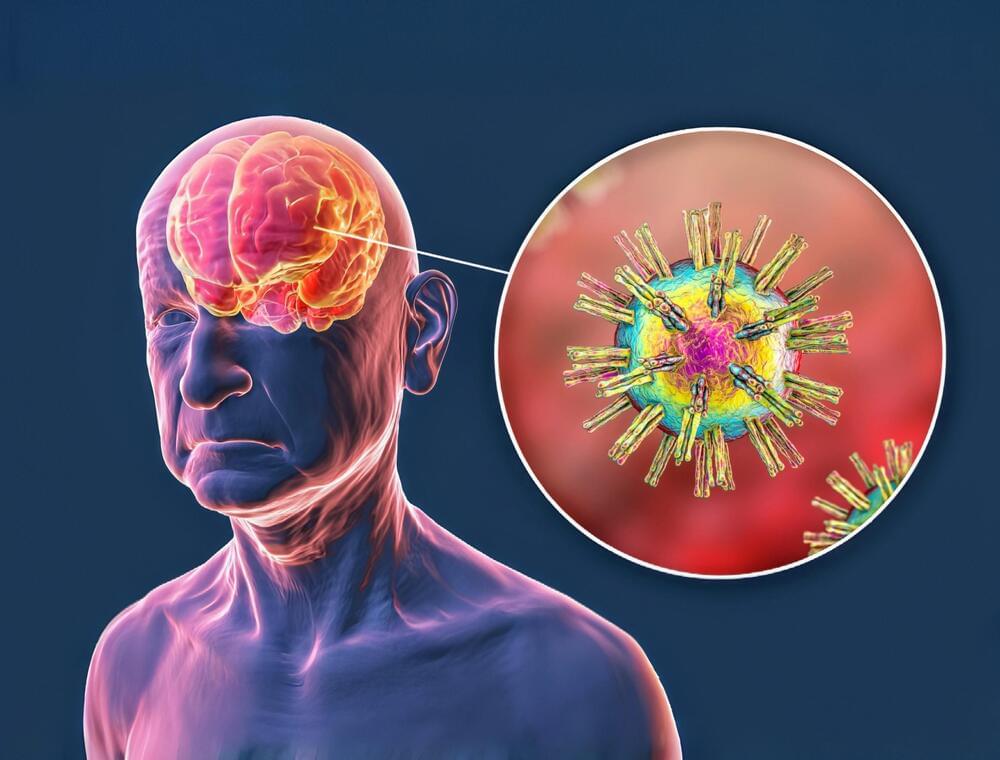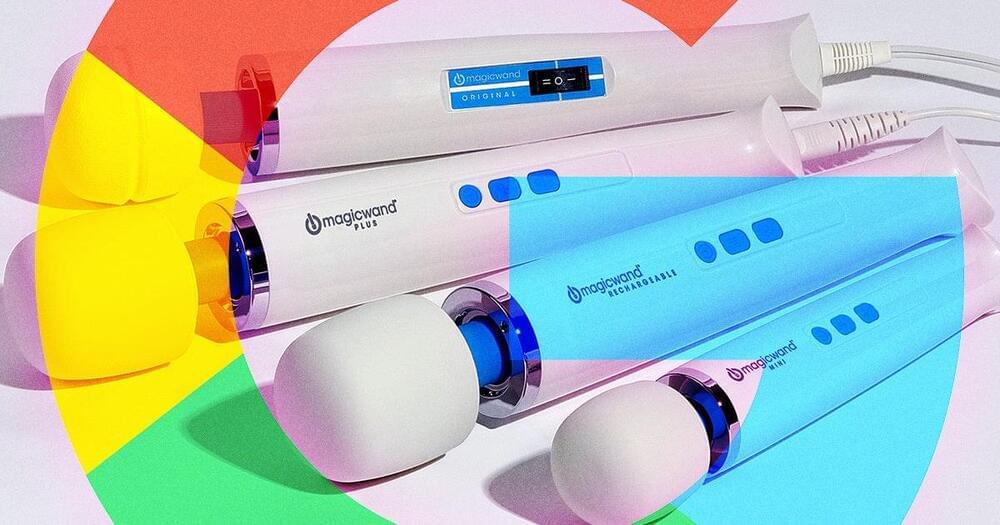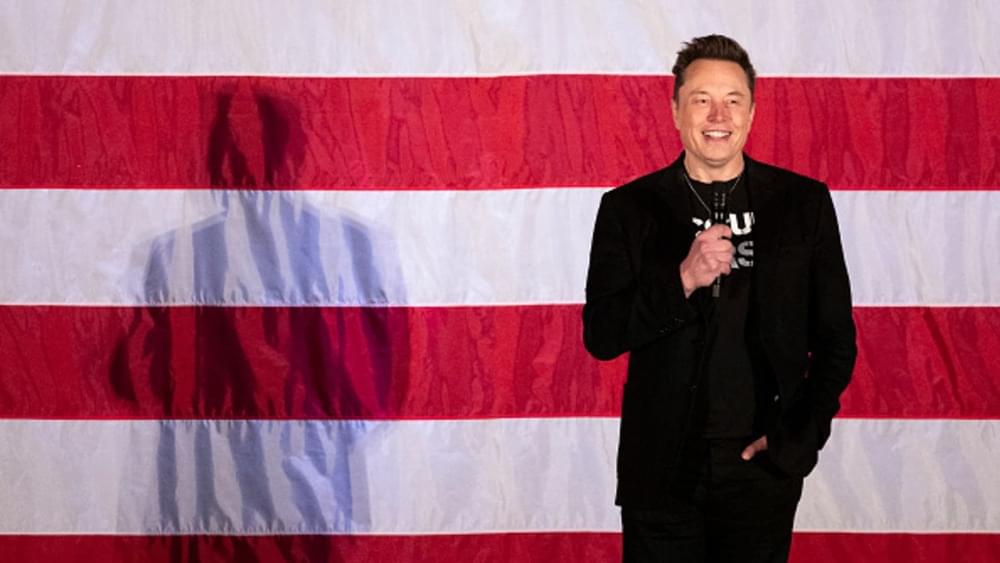In today’s AI news, Macquarie will invest up to $5 billion in data centers being built by artificial-intelligence infrastructure company Applied Digital, adding to the Australian bank’s substantial AI-related investments.
And, President Joe Biden will issue an executive order on Tuesday to provide federal support to address massive energy needs for fast-growing advanced artificial intelligence data centers, the White House said.
The order calls for leasing federal sites owned by Defense and Energy departments to host gigawatt-scale AI data centers and new clean power facilities — to address enormous power needs on a short time frame.
Then, Microsoft is creating a new engineering group that’s focused on artificial intelligence. Led by former Meta engineering chief Jay Parikh, the new CoreAI – Platform and Tools division will combine Microsoft’s Dev Div and AI platform teams together to focus on building an AI platform and tools.
S strategy to enhance its AI capabilities across hybrid cloud environments.” + In videos, Snowflake CEO Sridhar Ramaswamy announces a new “upskill” initiative on AI as they work to address a global skills shortage. He joins Caroline Hyde on “Bloomberg Technology” to discuss the companies investment in educating people on AI skills.
Then Eleven Labs’ Louis Jordan demonstrates a conversational AI voice agent that can be integrated with Stripe to promote purchases, issue refunds, apply coupons and credits as well as many other payment related transactions with customers. Louis remarks that this is the future of in-app customer service.
And, did you know the U.S. nurse labor market is over $600 billion annually, but the dedicated software market for nurses is almost zero? In this episode, a16z General Partners Alex Rampell, David Haber, and Angela Strange discuss how AI is revolutionizing labor by automating tasks traditionally done by humans.
